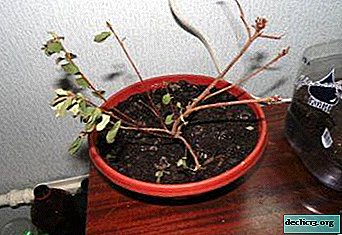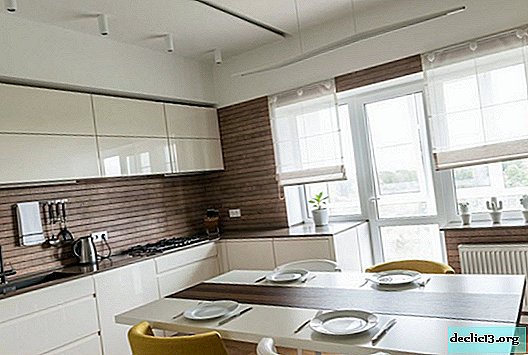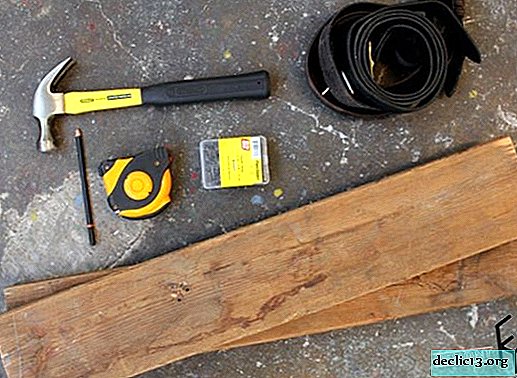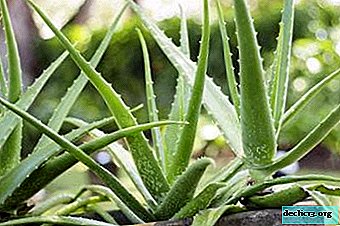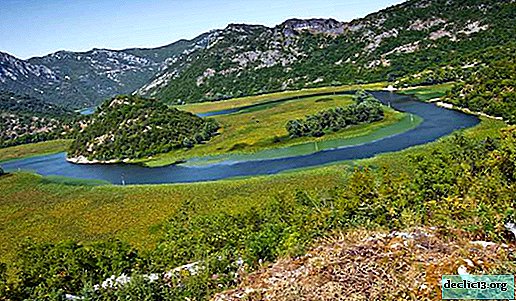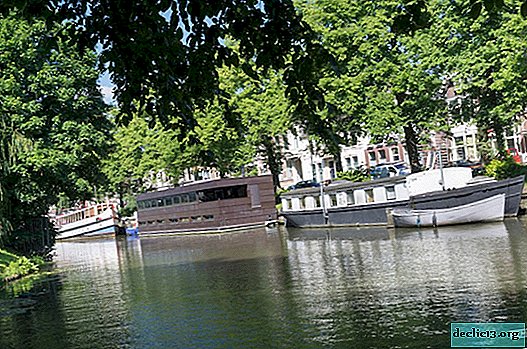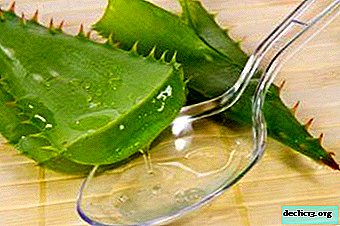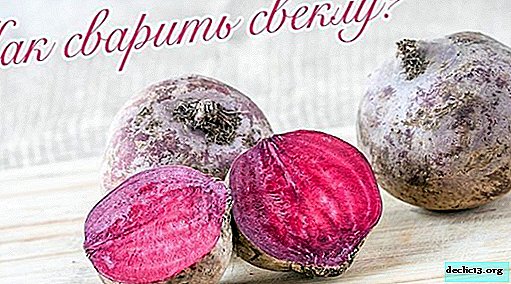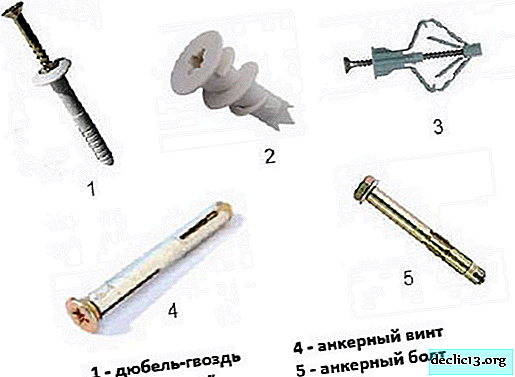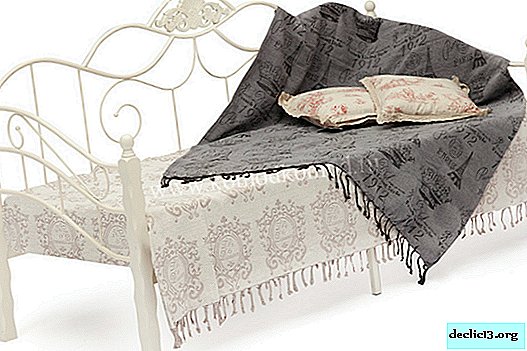Types of sewer pipes
There are various types of sewer pipes: polypropylene, PVC, cast-iron, ceramic, asbestos-cement and reinforced concrete for large urban communications. For the organization of a small sewage system in a particular case, it is more reasonable to opt for plastic or metal-plastic products. The modern market involves a huge assortment of pipes and accessories for sewers. Let us consider in more detail each of them.
Polypropylene pipes
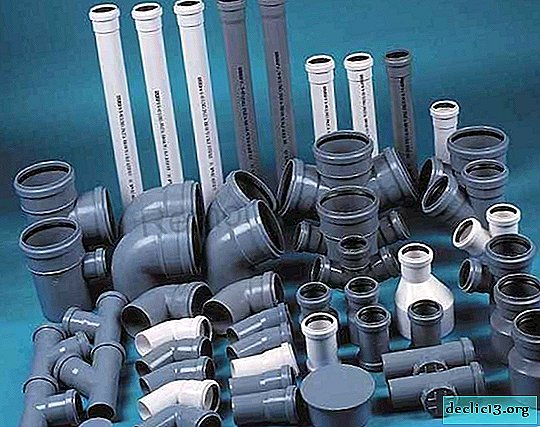
Polypropylene pipes can be attributed to the youngest, but despite this, they have already firmly won great popularity, especially in the private construction sectors.
The advantages of polypropylene pipes
- long service life of 50 years;
- light weight, therefore, easy to install and transport;
- resistance to temperature differences;
- do not conduct electricity;
- have a smooth inner surface, therefore they do not “overgrow” deposits;
- resistant to corrosion;
- chemically resistant.
Pvc pipe

The advantages of PVC pipes
- lightweight, 5 times lighter than metal;
- do not corrode: resistant to acid, alkali and other active substances;
- have excellent bandwidth;
- do not contribute to the development of microorganisms;
- have very low thermal conductivity (more resistant to freezing);
- non-toxic, relate to low combustible materials, their temperature index of ignition is 500 ° C.
- PVC pipes are easy to transport and install, which saves on installation;
- bacteriologically and toxicologically safe;
Cast iron pipes
 Benefits
Benefits- reliable, durable;
- thermally stable;
- long service life (70-90 years);
- metal consuming;
- withstand high pressure.
- they are quickly contaminated, the inner surface of the pipes is rough, which, as a consequence, complicates the movement of wastewater;
- extremely massive, this provides certain difficulties in the transportation process, their subsequent installation;
- relatively high cost;
- relatively fragile.
Ceramic pipes

Ceramic pipes - are a complete analogue of cast iron, but, unlike the latter, have absolute chemical resistance. However, due to their high cost and high weight, they force consumers to give preference to plastic products that possess such qualities.
Benefits- high chemical resistance
- long service life
- increased resistance to temperature extremes.
- fragility and heavy weight;
- short pipe length;
- during installation, a large number of detachable connections are used;
- low working pressure range
Conclusion: the most popular are plastic pipes (PVC and polypropylene). They are cheap, contaminated much less frequently than other types, easy to install and perfectly clean.

